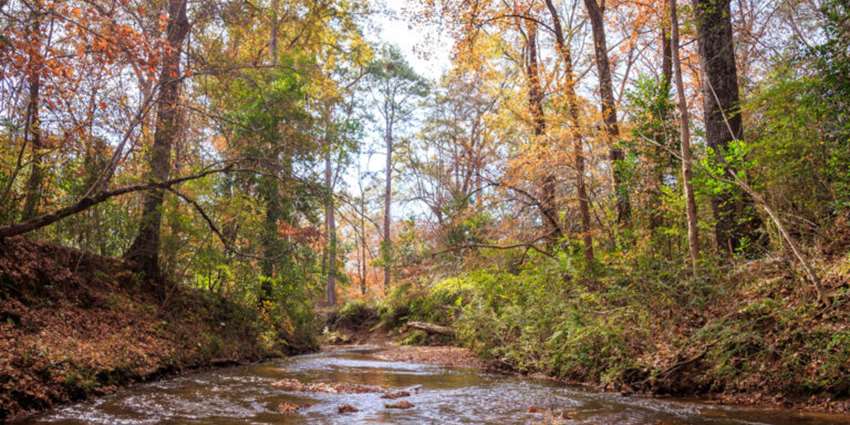A Lone Star Healthy Streams small acreage conservation and production agriculture workshop will be held April 4 at Liberty Hall, 805 E Main St., Nacogdoches.
The workshop is a joint effort with Texas Water Resources Institute, the Texas State Soil and Water Conservation Board, Angelina and Neches River Authority, Stephen F. Austin State University and the Texas A&M AgriLife Extension Service.
The free workshop will run from 1-5 p.m. Preregistration is encouraged at http://tx.ag/BackyardAg by March 28, or day-of registration is also available at the event beginning at 12:30 p.m.
The program will focus on the Attoyac Bayou Watershed and La Nana Bayou Watershed and discuss practical tips for small acreage producers, homesteaders and hobby farmers at every experience level. The discussion will be on water quality impacts, best management practices that can help minimize bacterial contamination from small ruminants, poultry and gardening, and resources for technical and financial assistance.
“The goal of the Lone Star Healthy Streams program is to protect Texas waterways from bacterial contamination originating from livestock, wildlife and invasive species that may pose a serious health risk to Texans,” said Leanne Wiley, AgriLife Extension program specialist and Lone Star Healthy Streams coordinator, Bryan-College Station. “The aim is to increase awareness, provide education materials to Texas livestock producers and landowners, and encourage implementation.”
Protecting the Watershed
“Residents within the La Nana Bayou have been working on developing a watershed protection plan that will protect our surface water quality,” said Emily Monroe, TWRI program specialist, Dallas. “We are so excited to bring this unique production and conservation program to Nacogdoches that will provide useful information for the backyard farmers.”
Ricky Thompson, AgriLife Extension agriculture and natural resources agent, Nacogdoches County, said the workshop will detail impacts on local water quality.
“We encourage the public to not only learn about water quality management, but also how they may become involved by contributing to the watershed protection plan and implementing best management practices in their homes, on their land or at their jobs,” Thompson said.
Funding for this effort is provided through a Clean Water Act Section 319 nonpoint source grant administered by the Texas State Soil and Water Conservation Board from the U.S. Environmental Protection Agency and Texas Commission on Environmental Quality.
For more information on the workshop, contact Wiley at 979-240-8407, leanne.wiley@ag.tamu.edu; or Thompson at 936-560-7711, ricky.thompson@ag.tamu.edu.
For more information on East Texas watersheds, contact Monroe at 979-314-2358, emily.monroe@ag.tamu.edu.


